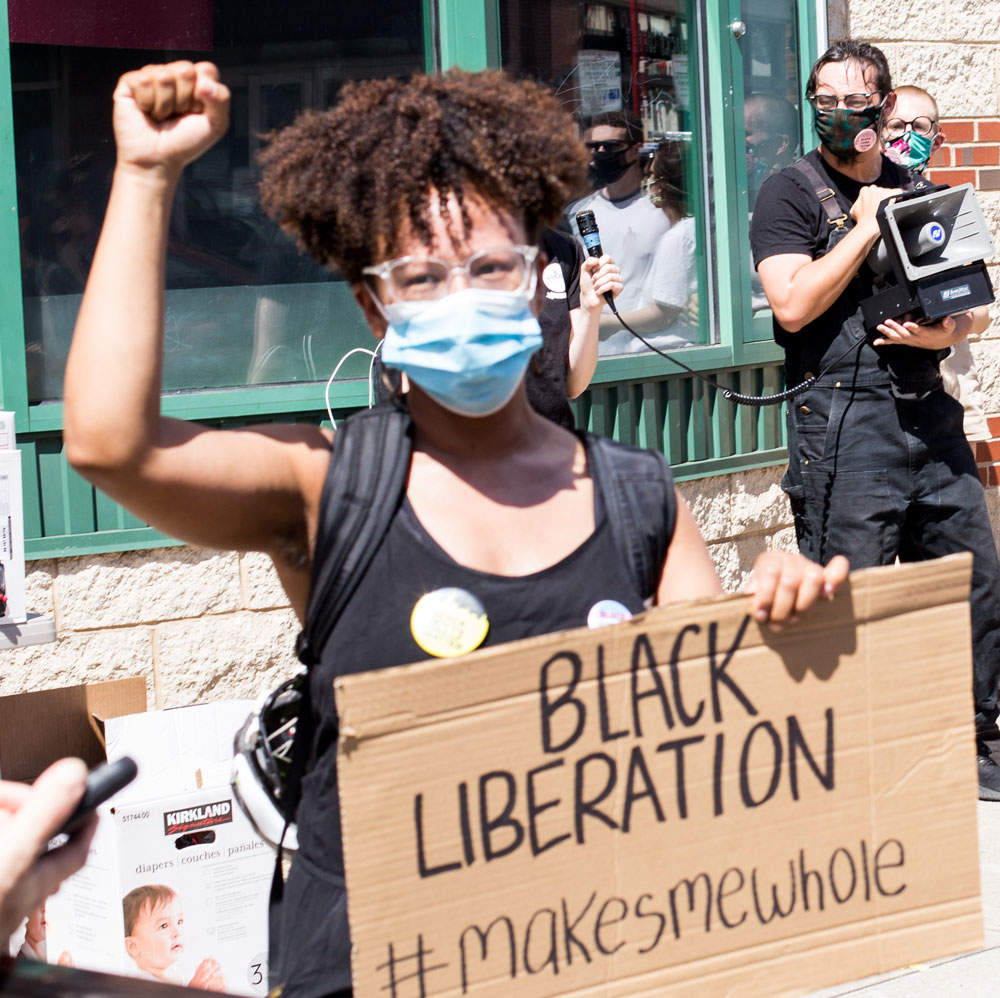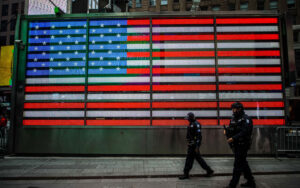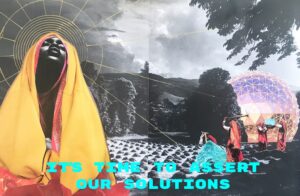
July 20, 2020; MassLive.com
A group of Whole Foods employees disciplined for wearing Black Lives Matter face masks on the retail frontlines filed a class action lawsuit against the company this week, reports MassLive.com. Employees joining the lawsuit have been sent home without pay and/or placed on corrective action for violating the company’s dress code policy.
Whole Foods’ statement about the suit included this explanation: “In order to operate in a customer-focused environment, all Team Members must comply with our longstanding company dress code, which prohibits clothing with visible slogans, messages, logos or advertising that are not company-related.”
The willfully opaque term “customer-focused environment” jumps right out. Which customers are centered in that language and the corporate practices it renders necessary? Whose reactions to seeing the BLM logo while they shop are being prioritized? It’s clearly not Black customers. It’s clearly not customers of all identities who actively support the Black Lives Matter movement. And it’s clearly not the Black staff of Whole Foods. It’s the portion of white people who do not support the Black Lives Matter movement, the people who would typically say something like, “This is not about race. I just want to keep politics out of my shopping experience.”
Sign up for our free newsletters
Subscribe to NPQ's newsletters to have our top stories delivered directly to your inbox.
By signing up, you agree to our privacy policy and terms of use, and to receive messages from NPQ and our partners.
A critical point for the plaintiffs in this lawsuit is the other identity-themed attire at which Whole Foods managers have allegedly looked the other way. “Plaintiffs and other Whole Foods employees expected Whole Foods would support their decision to wear these masks because Whole Foods has expressed support for inclusivity and equality and because it previously allowed its employees to express support for their LGBTQ+ coworkers through their apparel without discipline,” the suit said. In other words, the “longstanding policy” has not been uniformly enforced and is being enforced now because BLM is deemed a higher risk to offend a portion of white customers than LGBTQ-themed attire.
This case comes on the immediate heels of Starbucks facing similar critique for not allowing employees to wear Black Lives Matter clothing. In contrast to Whole Foods, the company course-corrected and decided to affirm its support for BLM by making its own T-shirt for employees that “depicts protest signs with phrases including ‘Black Lives Matter,’ ‘Speak Up’ and ‘Time for Change.’”
Whole Foods as a brand, of course, has been heavily associated with whiteness and gentrification for years. The Root writer Michael Harriot warned in “The White People Are Coming! 6 Signs Your Neighborhood is Being Gentrified,” “If you ever spot a sign that says ‘Whole Foods Coming to This Location’—beware. In the unabridged gentrification thesaurus, ‘Whole Foods’ is a universal synonym for ‘white people.’” Using a dress code policy to penalize essential workers of color during the COVID pandemic and the largest civil rights uprising of the last 40 years, alas, is right on brand.
In truth, this lawsuit should give all managers and human resource professionals, including in the nonprofit sector, pause. Many of our organizations have human resource policies like hiring protocols, dress codes, and compensation structures—to name just three—that need interrogation and revision to better align with our stated values and the demands of movements we nominally support.—Jeanne Bell













